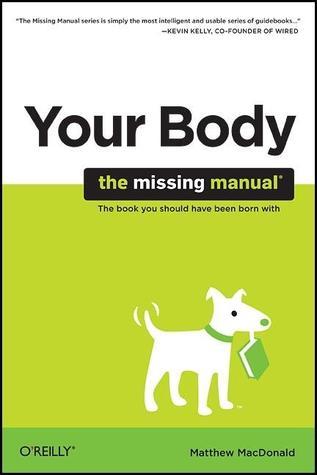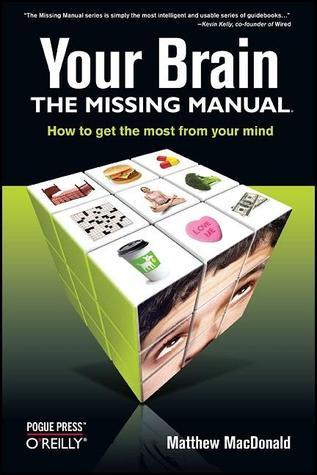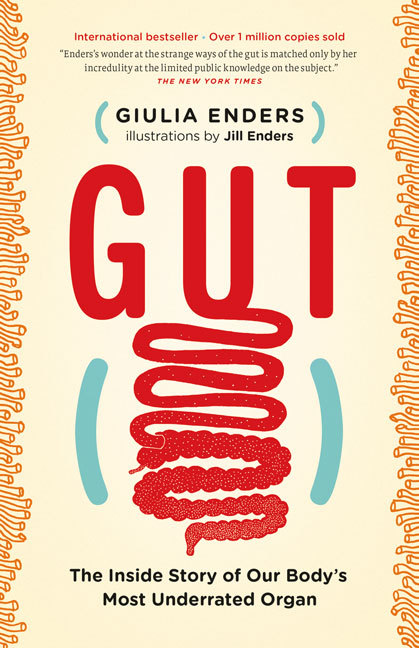
Your Body: The Missing Manual
Book Description
Unlock the secrets of your own body with 'Your Body: The Missing Manual' by Matthew MacDonald. This essential guide takes the reader on an eye-opening journey through human anatomy, illuminating the astonishing systems that keep us alive and thriving. Discover how every heartbeat, breath, and flicker of thought connects to a master plan more intricate than any technology. With vivid imagery and clear explanations, it demystifies the complexities of biology, making the unbelievable feel tangible. Ready to understand the marvel of your own design? What if the key to your best life lies merely in knowing how your body truly works?
Quick Book Summary
Your Body: The Missing Manual by Matthew MacDonald is a comprehensive, approachable guide to understanding the complex machinery that is the human body. Blending clear explanations, vivid metaphors, and practical tips, MacDonald demystifies how our anatomy and physiological systems work in concert every moment. The book highlights essential processes like how the heart pumps life through our veins, the way our brains interpret the world, and what keeps our immune system on guard. Beyond scientific facts, the author nudges readers toward self-care—pointing out how knowledge empowers healthier decisions regarding diet, exercise, sleep, and illness prevention. By illuminating the marvels within us, the book aims to arm readers with the know-how to maximize wellness throughout life.
Summary of Key Ideas
Table of Contents
Decoding the Complex Systems of the Human Body
Matthew MacDonald opens with an accessible overview of the body’s major systems, from the intricate networks of blood vessels to the quantum leaps our muscles and bones make with every move. He explains how organs and tissues function, acting as parts of an intelligent machine. Using analogies and memorable examples, the author turns complexities into digestible concepts, making the science of life engaging for all readers. The narrative invites us to see our internal workings not as scattered parts, but as a seamless, adaptive system designed for both survival and innovation.
Interconnectedness of Mind and Body
Central to MacDonald’s approach is the intertwined nature of mind and body. He reveals how our mental state influences physical health, and vice versa, through interactions involving hormones, neurotransmitters, and feedback loops. Whether discussing stress’s impact on immune function or how emotions affect digestion, the author makes clear that thoughts, feelings, and physical reactions exist in constant dialogue. This understanding challenges the notion that mental and physical health should be treated separately, encouraging a more holistic perspective on well-being.
Everyday Health and Maintenance
The book doesn’t stop at explanation—it offers actionable guidance on everyday health. MacDonald provides practical tips for maintaining the body’s peak performance through nutrition, exercise, and quality rest. He demystifies common ailments by tracing their roots back to underlying biological processes, empowering readers to distinguish between real warning signs and minor glitches. There’s a consistent message: small, consistent steps make a significant difference, and preventative care is always better than a cure.
Empowering Self-Care Through Knowledge
A cornerstone theme is that knowledge itself is a catalyst for healthier living. Understanding why we need sleep, how exercise shapes body chemistry, or the mechanisms of immunity, we make more informed and effective decisions. MacDonald emphasizes personal responsibility—nudging readers to become curious and attentive caretakers of their own bodies. He argues that an informed approach to health care doesn’t just benefit the individual; it lightens societal burdens as well.
The Role of Technology in Understanding Ourselves
Concluding, MacDonald delves into how advancing technology shapes our grasp of human biology. From diagnostic tools to wearable fitness devices, he highlights how technology can reveal hidden details of our functioning—and sometimes, our malfunctions. The author remains optimistic yet cautious, noting that no device can replace educated intuition and body awareness. Ultimately, the journey through the book leaves readers with a renewed appreciation for the spectacular design of their own bodies and the importance of knowledge in striving for lasting vitality.
Download This Summary
Get a free PDF of this summary instantly — no email required.





